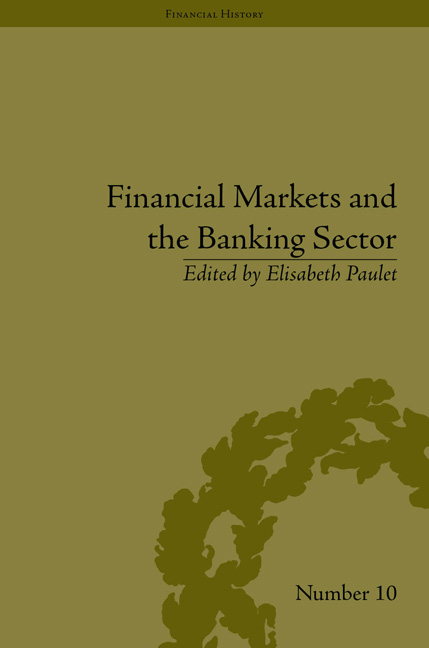Book contents
- Frontmatter
- CONTENTS
- List of Figures and Tables
- Introduction
- I Globalization and Financial Markets: a Dialectic Dynamic
- 1 Towards a New Model of Long-Term Finance
- 2 IFRS and the Need for Non-Financial Information
- 3 The Lessons of Luxembourg's Financial Centre: Towards a Certification of Ethics for Financial Centres to Replace Current Assessments
- 4 Is Economic Efficiency a Meaningful Device with which to Assess Insolvency Law?
- 5 Financialization of European Economies
- II Globalization and Banking Institutions: Evolution of Their Role and Institutional Aspects
- Conclusion
- Notes
- Works Cited
- Index
2 - IFRS and the Need for Non-Financial Information
from I - Globalization and Financial Markets: a Dialectic Dynamic
- Frontmatter
- CONTENTS
- List of Figures and Tables
- Introduction
- I Globalization and Financial Markets: a Dialectic Dynamic
- 1 Towards a New Model of Long-Term Finance
- 2 IFRS and the Need for Non-Financial Information
- 3 The Lessons of Luxembourg's Financial Centre: Towards a Certification of Ethics for Financial Centres to Replace Current Assessments
- 4 Is Economic Efficiency a Meaningful Device with which to Assess Insolvency Law?
- 5 Financialization of European Economies
- II Globalization and Banking Institutions: Evolution of Their Role and Institutional Aspects
- Conclusion
- Notes
- Works Cited
- Index
Summary
Since 1 January 2005, the introduction of the IAS/IFRS standards has lead to understandable stirs in the community of financial analysts, who are rightfully challenged by the necessity of a correct apprehension of the annual accounts established according to a referential the interpretation of which remains complex. More basically, the issue here is about the soundness of an application of the IAS/IFRS standards – of Anglo-Saxon origin – to countries belonging to the continental European accounting trend. Indeed, the diffusion of these standards is not historically a hazard. Accounting always refers to a socio-economic ‘ecology’. The reason why the application of accounting standards reflects the power exerted by a dominant figure is because the actionnarial model has imposed itself in our economies. Consequently, the introduction of the international IAS/IFRS standards comes together with the use of a new accounting evaluation system focused on shareholder's provision of information. However, the IASB published in October 2005 a discussion document about the quality of the management reports going with the financial states. This document aimed to delimitate the role that the IASB could play in the standardization and improvement of the management report. This initiative is linked with a demand for qualitative information to go with financial information. The discussion document thus reviews the legal duties linked with the management report at a national level, so that better practices are adopted in this field.
Firstly, we aim at giving a general view of the context in which the latest accounting evolutions appear, linked with the actual financialization of the financial market. Isn't there a risk that the new IFRS standards and their concern about transparency and comparability could impoverish the information by giving to accounting, with the application of the right value, the function of capital fundamental evaluation? Secondly, we show the importance of non-financial information able to supplement the provision of information, which is useful for the economic players when taking decisions, and described on the reworking of the financial information by the players led to use it.
- Type
- Chapter
- Information
- Financial Markets and the Banking SectorRoles and Responsibilities in a Global World, pp. 39 - 56Publisher: Pickering & ChattoFirst published in: 2014



